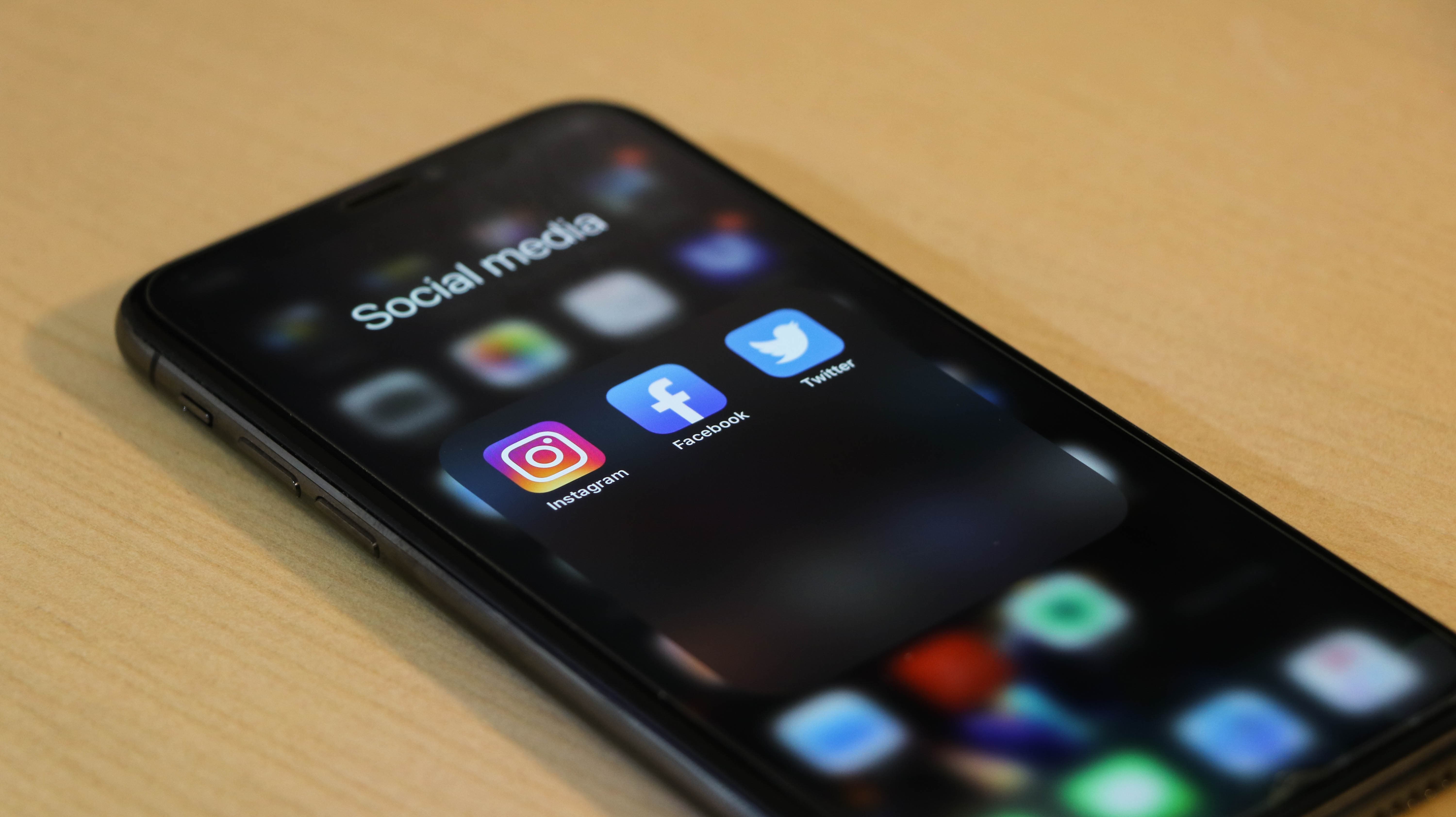 Life as a teenager is much different today than it was even a decade or two ago.
For many parents today, we remember when the internet first became accessible and when we got our first cell phone. Chances are, that first cell phone was laughably basic by today’s standards. It could be used for phone calls, and that’s about it.
As we got older, chat rooms gave way to social media sites, but those early days of social media were nothing like they are today. Gone are the days of using your computer to curate your “top 8” on Myspace.
Today’s troubled teens carry a pocket-sized computer with them all the time and can log into numerous social media accounts throughout the day. With social media being so easily accessible, it’s important to understand how social media affects teen mental health.
Life as a teenager is much different today than it was even a decade or two ago.
For many parents today, we remember when the internet first became accessible and when we got our first cell phone. Chances are, that first cell phone was laughably basic by today’s standards. It could be used for phone calls, and that’s about it.
As we got older, chat rooms gave way to social media sites, but those early days of social media were nothing like they are today. Gone are the days of using your computer to curate your “top 8” on Myspace.
Today’s troubled teens carry a pocket-sized computer with them all the time and can log into numerous social media accounts throughout the day. With social media being so easily accessible, it’s important to understand how social media affects teen mental health.
How does social media affect teens?
Regardless of the decade, adolescents start to branch out from their parents during their teen and tween years and develop more relationships with their peers. Family time starts to take a backseat to spend time with friends. Though this can be disheartening as parents, it is to be expected. Also, as is to be expected, the teen years are still full of drama. Social status is still important, and teenagers want to be accepted by their peers. This is where social media can make teen life more complicated than it used to be.Constant Accessibility
With smartphones, teens can access social media sites anytime, day or night. This means that they can see what their friends are posting at any given moment. It used to be that when you went home from school, your access to your friends dwindled for the day. Maybe you got to hang out with a few friends or go to an occasional party, but you weren’t in touch with hundreds of people after school every day. Teens today are in constant contact with their peers even after they go home for the day. While this can be beneficial in some ways, it can be detrimental to their mental health in other ways. It means that they can always see when they got left out of an event their friends were invited to. They can see when their crush starts dating someone else and see all the fun they’re having together. And they can keep getting bullied even after school.Easy Bullying
For kids who get picked on at school, social media can be a nightmare. It used to be that bullying would end at school and the home was a safe space. Now, those jokes that people tell about you at school can be told online as well. When teens log into their social media accounts, bullying can follow them home.Need To Look
Unfortunately, social media apps were not designed with teenage mental health in mind. The designers created the apps so that people would want to keep using them. The ability to get notifications every time someone messages you or posts something you might like isn’t meant to be helpful. Those notifications are meant to turn our attention back to the app, and that design works really well. Even though too much time on social media can damage teenage mental health, they’re drawn to it through the app design. Many teens experience FOMO (Fear Of Missing Out) and want to know what’s going on with their friends all the time. If the settings are left unaltered, the app will let them know when something is happening that they wouldn’t want to miss. So, they constantly feel the need to look at their phone to stay connected.Managing troubled teen social media use
As a parent, it’s tough to know how to manage teen social media use. Though you want your teen to stay connected to their friends, you also don’t want their mental health to suffer because of it. Here are a few strategies that you can use to manage your teen’s social media use.- Learn how to use popular teen social media apps. While Millenials and Gen-X turned Facebook into a hotspot for social media for adults, teens have turned to other platforms. It’s not surprising that they want their own social media space. Just like teens of the past didn’t want to hang out in the same places as their parents, today’s teens don’t want to hang out in the same virtual space. As parents, though, it’s essential for us to understand our teen’s virtual hangout space.
- Monitor their apps. Most apps have an option for parental monitoring. This allows you to see what they’re up to online and to see how much time they’re spending on the apps.
- Set rules around social media use. Spending some time on social media can be beneficial for teens trying to keep in touch with their friends. However, too much time can be detrimental. Set some rules for your household around the amount of time your troubled teen spends on social media.


Leave a Reply